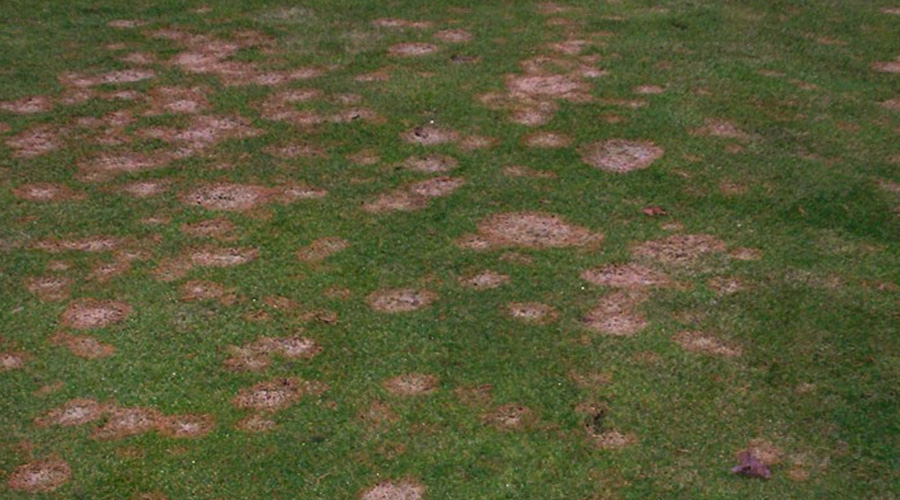Grounds Managers Reduce Chemical Use on Landscaped Areas
Before the movement toward sustainable grounds care operations took hold in commercial and institutional facilities, managers typically had one objective: make the turf and landscaped areas as aesthetically pleasing as possible.
Because landscaped areas often are the first things occupants and visitors notice when they arrive on a college campus or visit a hospital, managers still must focus on maintaining the landscapes’ aesthetic appeal. But now, more than ever, organizations are concerned about the impact landscapes and grounds maintenance practices have on the environment.
Using alternative fuels and implementing water-conservation strategies for irrigation are two examples of ways managers can make their operations more environmentally responsible. But the use of chemicals, including herbicides, pesticides, and fertilizers, has become a hot topic in sustainability discussions. For the most part, the days of large-scale chemical applications are gone.
“You can have nicely landscaped areas without lots of pesticides,” says Tom Wright, superintendent of parks and grounds with Mohonk Mountain House in New Paltz, N.Y., a resort complex that features 300 landscaped acres, including a nine-hole golf course. “I think that is the issue most of us in the grounds maintenance profession would like to get out. The perception is that we spend countless hours spraying and fertilizing, but that is not the case.”
As managers try to further reduce the use of chemicals and specify more environmentally responsible products, they are learning about the impact this shift in strategy can have on the appearance of landscaped areas. Managers are employing a holistic approach to chemical use, assessing the way plant specification, application strategies and ongoing maintenance can affect their decisions.
Related Topics:














